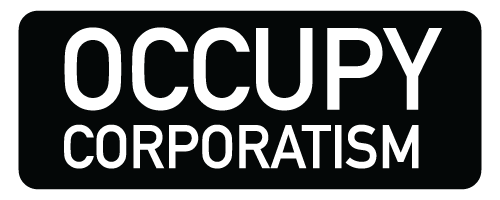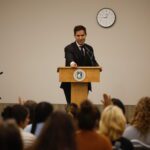The University of Virginia (UV) has published a study showing that “less than half the psychology studies researchers reviewed could be replicated” which leads to a diminishment of public confidence in scientists and scientific journals.
Brian Nosek, psychologist and lead author of the study, stated that an estimated 300 researchers from 5 different continents collaborated to attempt to replicate findings in 100 studies published in 3 scientific journals.
Surprisingly, only 39 of the studies analyzed could be replicated; and because replication is a cornerstone of the scientific method, there is a discrepancy in demonstrable evidence claimed in these particular reports.
Without replication, the public is left to “rely on assertions based only on someone’s purported authority” which dampers scientific credibility.
Although failure to replicate findings “can happen for a variety of reasons, outright fakery and fraud” can be detrimental to the furtherance of scientific study.
Nosek explained: “For years there has been concern about the reproducibility of scientific findings, but little direct, systematic evidence. This project is the first of its kind and adds substantial evidence that the concerns are real and addressable.”
For example, earlier this year, a study was published by John Bohannon which was purposefully bogus to prove that scientific journals do not ensure that studies are accurate prior to publication.
The media was also implicated in this hoax.
Some “news” outlets who reported on chocolate being used for weight loss include:
• Natural Society
• Natural News
• Daily Mail
• The Independent
• Youngevity (makers of Tangy Tangerine)
• Yahoo News
• MSNBC
Bohannon explained that he wanted “to show that scientists who do a bad job and get their work published can end up making headlines because it’s us — journalists like you and me — who are failing” and because the media fails to do their due diligence, “the world is awash with junk science.”
This lesson in the obvious lack of integral reporting has a dark element to it. Bohannon said: “The tabloids and other news outlets that ran with the bad science probably got millions of eyeballs. And this kind of junk nutrition information gets promulgated every day.”
Prior to this expose, Bohannon collaborated with Science magazine and sent out a faked study to 305 online journals. Shockingly, 50% of them accepted the bogus study.
These fake science journals bear respectable sounding titles and “often contain the names of respectable-looking experts”, but who is actually running the journal is nearly impossible to decipher.
Because the obvious flaws in Bohannon’s fake study would have been easily seen by “anyone with more than [a] high-school knowledge of chemistry” and was completely ignored by so-called respectable journals means that bad science is easier to get out than was previously understood.











